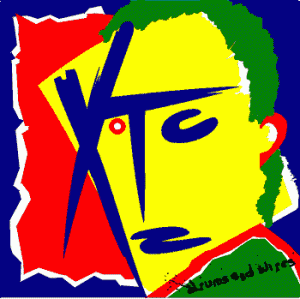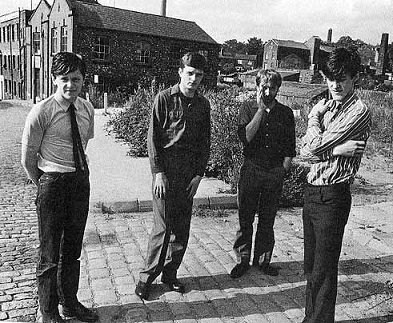
Andy picked the name XTC while watching a skit in which Jimmy Durante was looking for “the lost chord” (have you heard, Pete Townshend??). At one point, the American performer exclaimed “Dat’s, it, I’m in eks-tee-see!”. Andy failed to understand the phrase the first time around, and he only got what Durante was saying when he transcribed it phonetically. It was then he also realized what a cool name XTC would be for a band – a name that is all in capitals lends itself to cooler posters and puns. Thus, “XTC” replaced the band’s old moniker (the gimmicky “The Helium Kidz”) right away.
Just for the record, the name XTC had nothing to do with the drug ecstasy. The drug was introduced a good couple of years down the line. The Swindon band amply preceded it.

